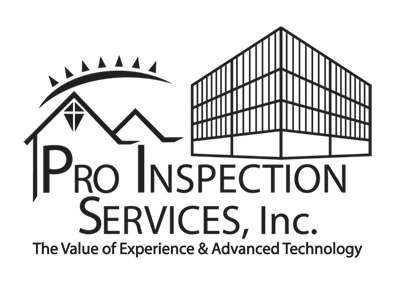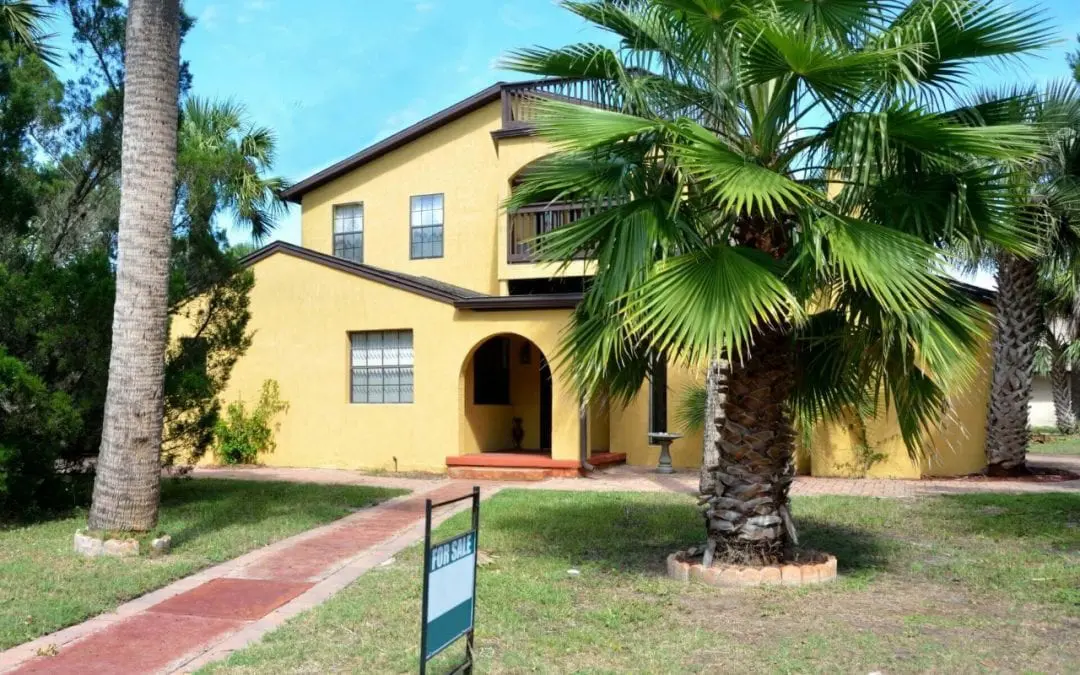When you’re buying an older house or renewing your homeowners insurance, it’s common for insurance companies to require a 4-point home inspection. The inspection provides information to the insurance company that allows them to decide what kind of coverage they can offer you. Learn more about 4-point inspections.
Why Are 4-Point Inspections Required?
This type of inspection provides an overview of the major systems of a property. Insurance underwriters sometimes require a 4-point inspection before issuing a policy. They will ask for the inspection to be done if you are shopping around for a better premium, your coverage has expired, or you’re buying an older home.
What is a 4-Point Home Inspection?
A 4-point inspection provides an overview of a home’s main components without an inspector having to perform a complete inspection. While there are some similarities to a full home inspection, the 4-point inspection focuses on these areas:
- A home’s electrical system, including the circuit, panels, and wiring, will be examined.
- The condition and age of the HVAC system are recorded.
- The type of materials and condition of plumbing system pipes are inspected.
- Your inspector will note the age and approximate life expectancy of the roofing. Many insurers won’t cover a roof if it’s more than 40 years old.
Problems in these areas might result in insurance claims that are very expensive to the company. HVAC, plumbing, roofing, and electrical systems that are in bad condition can lead to water or fire damage and result in significant problems in the home. Gaining a full understanding of the condition of these areas allows an insurance company to decide if it will provide coverage.
How Long Does it Take?
A full home inspection usually takes several hours to complete. In comparison, a 4-point inspection won’t take as long. Because it’s a less comprehensive inspection, you’ll pay less for a 4-point home inspection than a full home inspection.
What Happens After a 4-Point Home Inspection
If your 4-point inspection reveals serious problems, you may still have options to gain coverage. If the insurer you’re working with denies coverage for your property, talk to a different insurance company. Insurers vary with what they are willing to cover. Otherwise, your insurance company may be able to write a policy that covers your home with the exception of some systems. For example, the policy may not cover water damage if the inspection shows that the plumbing is aging.
The better option is to repair problems so that your insurer can provide your home the insurance coverage it needs. This is a smart choice because you won’t have to deal with fixing those systems for years to come.
Pro Home Inspection Services provides home inspections, including 4-point inspections, to the eastern part of South Carolina. Contact us to request an appointment.

